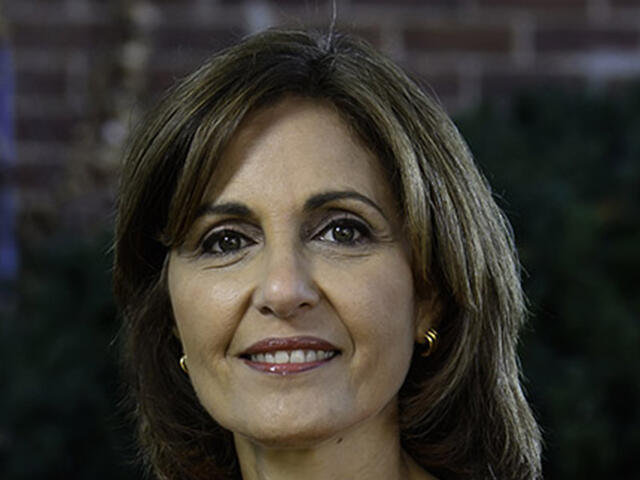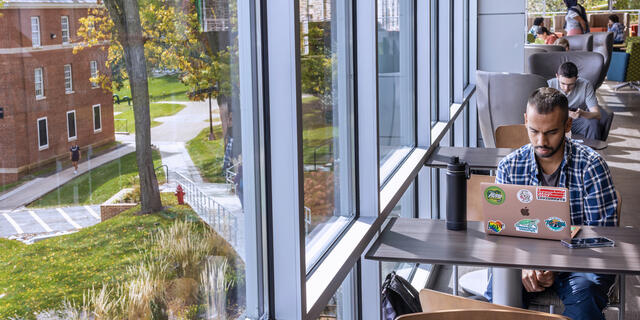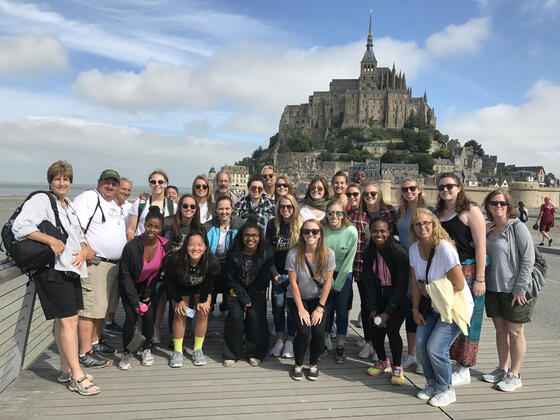Middle Eastern Studies
Explore the complexities of the Middle Eastern region of the world in McDaniel's Middle Eastern Studies program. Prepare to embark on a journey of discovery, especially of the myriad benefits that await you with a Middle Eastern Studies minor.
Mortarboard
Degree Types
Minor
Institution
Complementary Programs
Heart
Distinctive Requirements
Language Competency in Arabic, Farsi, Hebrew, or Turkish
Document
Study Abroad
The McDaniel Commitment in Action






